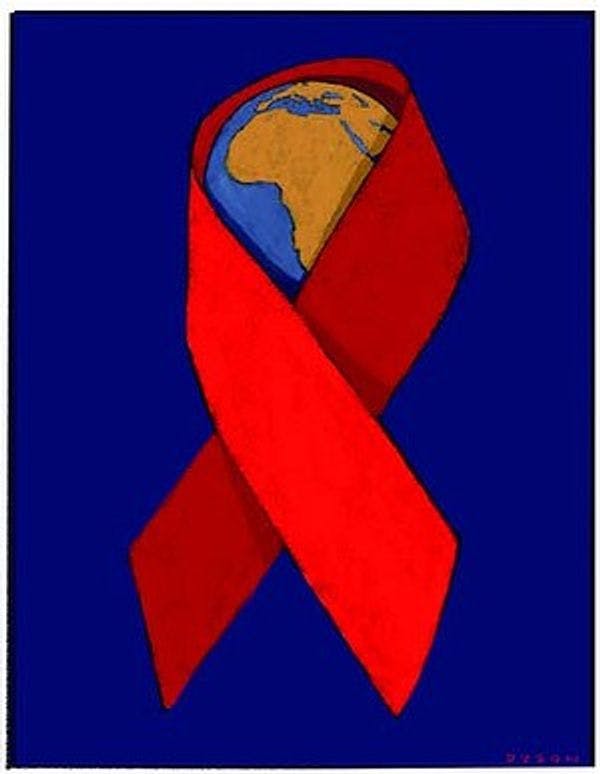How AIDS changed global health forever
By Michel Kazatchkine, UN Special Envoy for HIV/AIDS in Eastern Europe and Central Asia
We live in a world of extraordinary inequities. Poverty and inequity are the world's greatest killers. In the 20 years after the Cold War, 360 million people have died from hunger and treatable diseases - much more than from all 20th-century conflicts.
When AIDS was first identified in fewer than 20 patients in the US who presented with unusual symptoms in the early 1980s, millions of Africans were already infected, but there was no system in place to detect this.
The global effort to defeat AIDS over the past three decades has demonstrated a long-suspected truth: health should no more be seen as a consequence of economic growth. In 2000, the world set itself the ambitious Millennium Development Goals, endorsing that change in paradigm about how health relates to development. Experience has validated the concept.
AIDS is perhaps the pre-eminent example of successful investment in health. Eight million people have gained access to antiretroviral treatment, compared to just a few tens of thousands 10 years ago. As a result of investments in HIV prevention and treatment, mortality from AIDS and the number of new infections have decreased worldwide by 25 per cent in just the past five years.
Click here to read the full article.
Keep up-to-date with drug policy developments by subscribing to the IDPC Monthly Alert.
Topics
Regions
Related Profiles
- Michel Kazatchkine
